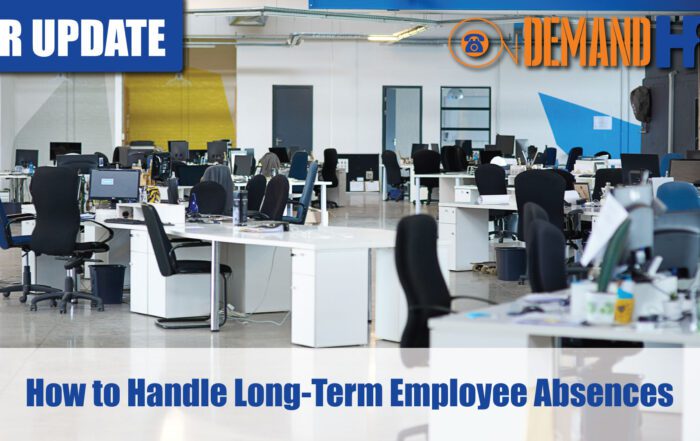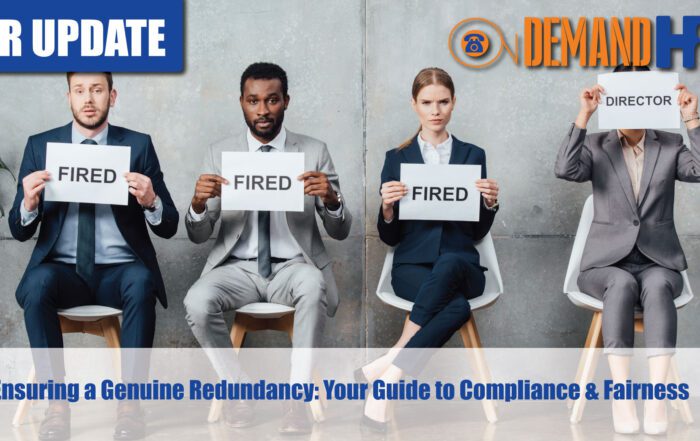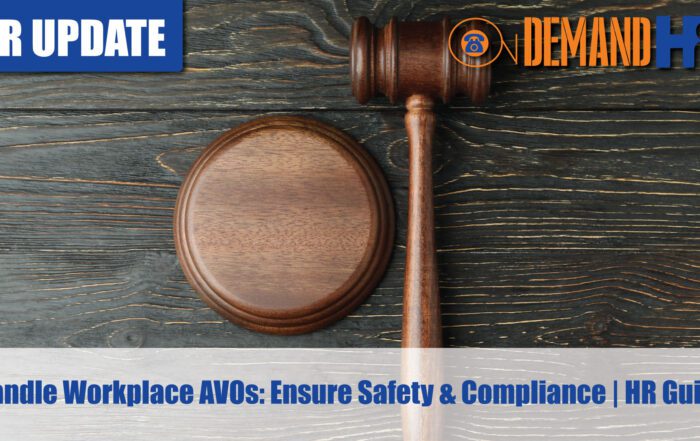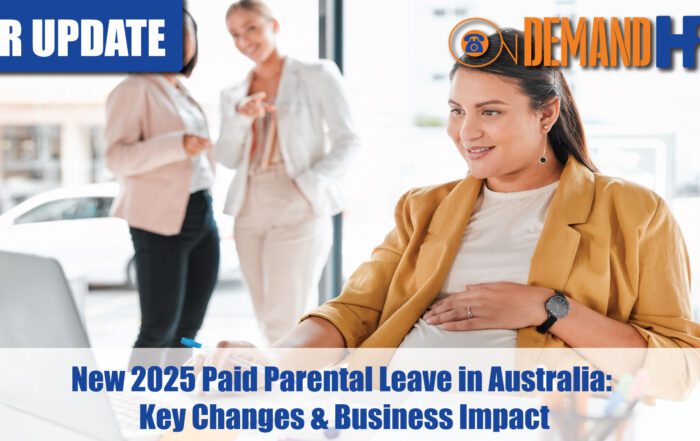NFP Workplace Relations Review
One of the first steps for On Demand HR members is to conduct a comprehensive workplace relations review to provide a solid structural foundation for future advice. We recently sat down with Glyn Henman the CEO of Young Life Australia to learn what his experience was with the review and where he saw value in going through the process.
To learn more about Young Life, please visit https://younglife.org.au/
Please see below for a full transcript of this video
Share the HR or workplace relations challenge facing your business and one of our experienced consultants will be in touch within 24 hours with a strategic action plan or discover the best strategy yourself by accessing out free online training library.
Transcript
One of the first steps for On Demand HR members is to conduct a comprehensive workplace relations review, which provides a solid structural foundation for future advice. We recently sat down with Glyn Henman the CEO of Young Life Australia, to learn what his experience was with the review and where he saw value in going through the process.
Now, just reflecting, obviously, On Demand HR recently done a workplace relations review with Young Life. And obviously we spoke a lot about the the SCHADS award, classifying your employees, the equal remuneration order and those sorts of things. Tell us a little bit about your experience with that.
So, you know, obviously you’ve gone through this process with us recently. Tell us a bit about what you found were some of the challenges in working through a workplace relations review, some of the complexities that you that you worked through with us?
Yeah, I mean, what I would say straight up is that is way more complex than we thought. Coming from a smaller organization to one that has experienced growth and things like that. I think there’s a real level of generosity of people who have worked with you.
And so as you move into a larger organization, needing to really guard your employment processes so stringently and just be on top of your game at that level. I think one of the big things I found really helpful was just how far we had come in terms of an organization.
But wow, we have some space to go in terms of really being on top of our issues at that level as well, and I think that was probably the most helpful thing for me, is really thinking through those issues and the complexity of those issues.
And you and you just need professional people help you. At the end of the day, I am not a professional around any of that stuff. And you can’t afford to employ in. So where do you go?
You know, you got to try to find someone who can help you with that along the way. So I have been really thankful for that, that space. And just even having the conversations along the way, you know, I’ve got a troublesome employee.
What do we how do we manage that as efficiently and effectively so that it’s a win for everybody? Yeah. Not how do you just get rid of someone that’s not that’s not what life is, especially in this business, because it’s so hard to find people.
But if it is time for someone to move on, how to move them on appropriately and that stuff or how to keep them, you know, what do we need to do to keep people as well? If there is some tension in that space as well.
Sure. Sure. Reflecting on some of the real technical things for a moment. So obviously part of the workplace relations review is working through your policies, your contracts and those sorts of things. What was your experience with that in particular, and what sort of things did you find that the organization needed to change in that in that process?
So thinking about where the organization is now with its policies and contracts and where it maybe was prior to the workplace relations review, just reflecting on, you know, your personal time. What were the things that changed? Can you talk us through a little bit about those sort of things?
Yeah, I mean, we’ve done some work a number of years ago on this, and we thought we’ve got it but the dynamic shifts quickly in HR and particularly around those awards and, you know, contracts and all that sort of stuff.
And very quickly, I realized that we’ve we’ve fallen behind on where we were. And so also just tagging ourself in in an award structure, because, again, like a lot of not for profits, we sort of think “Oh we are so special.”
Yeah. Yes. Yes, we are. But no, we’re not. You know, and I think again and I would still say I’m at some level we probably may not fit or whatever because of the way we view ourselves. Yeah.
Just because that’s the way we view ourselves doesn’t mean that’s the way the law will view us. And so we needed to come back and go. Actually, doesn’t matter how we view ourselves, we need to understand how the law will view this as well.
So we need to get on board and get up to speed with those bits and pieces. And that’s what the SCHADS award, you know, again I am going “No, we have to.” Yeah, this is where we need to be at.
And then reviewing our contracts, you know, again, we’ve done a bunch of work on our contracts a few years ago. But just to have On Demand HR, Clint your team just just really sit down and nut through that stuff.
And it’s not just about nutting through a contract either. But what is it that people are doing? You know, how do they go about their job as well? What are the conditions in that space? What are what are the their entitlements in?
That space, how do we cover off those bits and pieces? You know, what about the not for profit, you know, structures? Of being able topay, you know, tax free fringe benefit. What about all those bits and pieces? Yeah.
All very complex issues to try to get your head around. And you sort of realize that you think here about it. But actually the law is thinking here about it. And so how do we actually come together to meet those requirements as well?
And so to bring all that stuff up to speed on that, I mean, we could never have done that on our own. Yeah. It’s too complex. So just to have your team sit down with us and spend. Yeah, we spent hours on that.
really. And I know your team spent hours behind those hours really trying to work out how to peg us. Yeah. Yeah, I’m grateful for that because I get moving forward again. So part of what we did with that was we we met with our staff one on one, and we talk through these issues with them
and we talk through their remuneration again, a much happier staff for the experience that gave us the confidence to be able to go there with them and say, I no, here’s the current arrangements. Here’s where we sit. But yeah, we’ve had a professional look at this with us.
We really know where we’re sitting on these things. And this is what’s going on. And they are way more confident in the midst in that as well.






